- Browse
- Pseudo Code
Results for "pseudo-code"
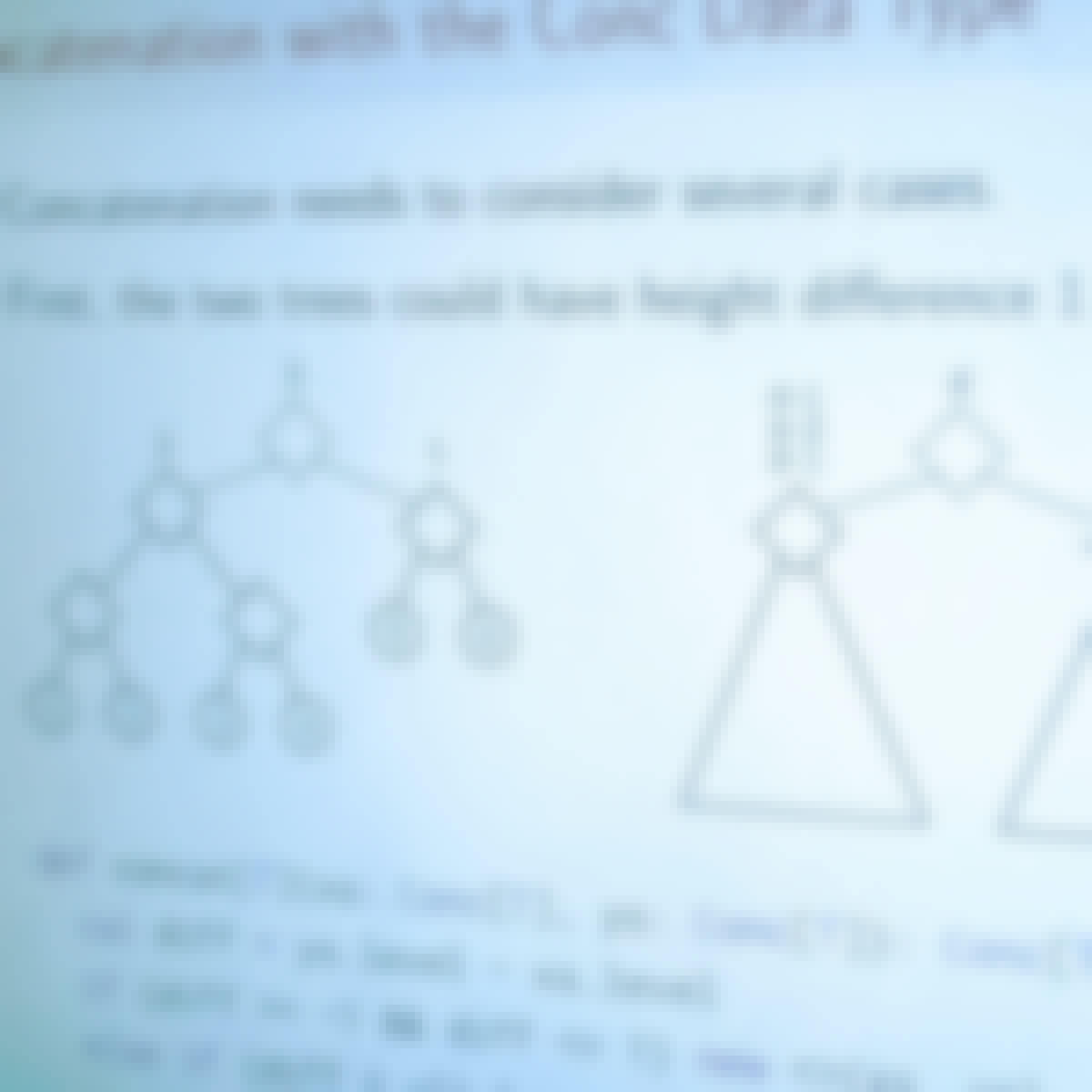 Status: Free TrialFree TrialÉ
Status: Free TrialFree TrialÉÉcole Polytechnique Fédérale de Lausanne
Skills you'll gain: Scala Programming, Data Structures, Distributed Computing, Algorithms, Functional Design, Java Programming, Other Programming Languages, Performance Tuning
4.4·Rating, 4.4 out of 5 stars1.8K reviewsIntermediate · Course · 1 - 4 Weeks
 Status: PreviewPreviewU
Status: PreviewPreviewUUniversity of Virginia
Skills you'll gain: Continuous Delivery, DevOps, Continuous Deployment, CI/CD, Continuous Integration, Test Automation, Agile Methodology, Automation, Continuous Improvement Process, Unit Testing, Information Technology Operations, Systems Administration, System Support, System Testing, Software Testing
4.6·Rating, 4.6 out of 5 stars1.6K reviewsBeginner · Course · 1 - 4 Weeks
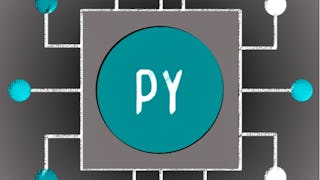 Status: Free TrialFree TrialD
Status: Free TrialFree TrialDDuke University
Skills you'll gain: Pandas (Python Package), Version Control, Git (Version Control System), Data Manipulation, Software Development Tools, Development Environment, Data Structures, Python Programming, Data Analysis Software, NumPy, Virtual Environment
4.6·Rating, 4.6 out of 5 stars268 reviewsBeginner · Course · 1 - 4 Weeks
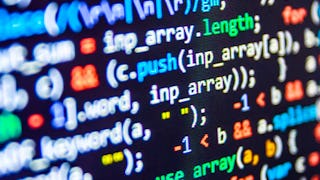 Status: Free TrialFree TrialU
Status: Free TrialFree TrialUUniversity of Colorado Boulder
Skills you'll gain: Data Structures, Algorithms, Theoretical Computer Science, Programming Principles, Pseudocode, Computational Thinking, Analysis, Python Programming
Build toward a degree
4.7·Rating, 4.7 out of 5 stars531 reviewsIntermediate · Course · 1 - 4 Weeks
 Status: Free TrialFree TrialM
Status: Free TrialFree TrialMMicrosoft
Skills you'll gain: Generative AI, Microsoft Copilot, Prompt Engineering, Test Case, Responsible AI, Microsoft Visual Studio, Version Control, Code Review, GitHub, Integrated Development Environments, Software Configuration Management, Software Development Tools, Software Documentation, AI Workflows, AI Enablement, Program Development, Development Environment, Computer Programming Tools, Artificial Intelligence, Project Management
4.3·Rating, 4.3 out of 5 stars178 reviewsIntermediate · Specialization · 1 - 3 Months
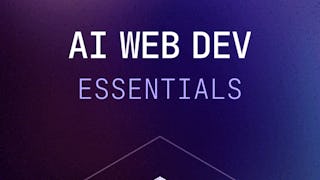 Status: Free TrialFree TrialS
Status: Free TrialFree TrialSScrimba
Skills you'll gain: Prompt Engineering, Anthropic Claude, Responsible AI, OpenAI API, Cloud Deployment, Cloud Applications, LLM Application, OpenAI, HTML and CSS, ChatGPT, Application Deployment, Mobile Development, API Gateway, Generative AI, Model Deployment, Cloud Security, Data Ethics, Application Programming Interface (API), Debugging, Artificial Intelligence
4.5·Rating, 4.5 out of 5 stars293 reviewsIntermediate · Specialization · 1 - 3 Months
 Status: Free TrialFree TrialC
Status: Free TrialFree TrialCCoursera
Skills you'll gain: Excel Macros, Microsoft Excel, Excel Formulas, Visual Basic (Programming Language), Productivity Software, Debugging, Automation, Strategic Decision-Making, Programming Principles
4.5·Rating, 4.5 out of 5 stars260 reviewsBeginner · Course · 1 - 4 Weeks
 Status: Free TrialFree TrialL
Status: Free TrialFree TrialLLearnQuest
Skills you'll gain: Java Programming, Java, File I/O, Eclipse (Software), Object Oriented Programming (OOP), Object Oriented Design, Integrated Development Environments, Development Environment, Software Design, Computer Programming, Application Frameworks, Programming Principles, Virtual Machines, Web Development, Data Persistence, Debugging, Package and Software Management, Data Structures
4.6·Rating, 4.6 out of 5 stars2.8K reviewsIntermediate · Specialization · 3 - 6 Months
 Status: Free TrialFree TrialM
Status: Free TrialFree TrialMMichigan State University
Skills you'll gain: Unity Engine, Game Design, Video Game Development, Prototyping, 3D Modeling, Software Design Documents, Peer Review, Cross Platform Development, C# (Programming Language), User Interface (UI), 3D Assets, Animation and Game Design, User Experience, Software Design, Storytelling, Software Documentation, Conceptual Design, Computer Graphics, Ideation, Multimedia
4.7·Rating, 4.7 out of 5 stars652 reviewsBeginner · Specialization · 3 - 6 Months
 Status: Free TrialFree TrialI
Status: Free TrialFree TrialIISC2
Skills you'll gain: Security Controls, Governance, Cybersecurity, Information Assurance, Risk Management Framework, Cyber Security Policies, Cyber Governance, Data Ethics, Cyber Risk, Security Awareness, Data Integrity
4.8·Rating, 4.8 out of 5 stars649 reviewsBeginner · Course · 1 - 3 Months
 Status: Free TrialFree Trial
Status: Free TrialFree TrialSkills you'll gain: Prompt Engineering, Large Language Modeling, Responsible AI, Generative AI, Retrieval-Augmented Generation, Vibe coding, Natural Language Processing, Data Ethics, AI Workflows, Agentic systems, CI/CD, Software Development, Software Engineering Tools, DevOps, AI Security, Software Documentation, Test Automation, Application Security, DevSecOps, Software Engineering
4.5·Rating, 4.5 out of 5 stars234 reviewsIntermediate · Course · 1 - 4 Weeks
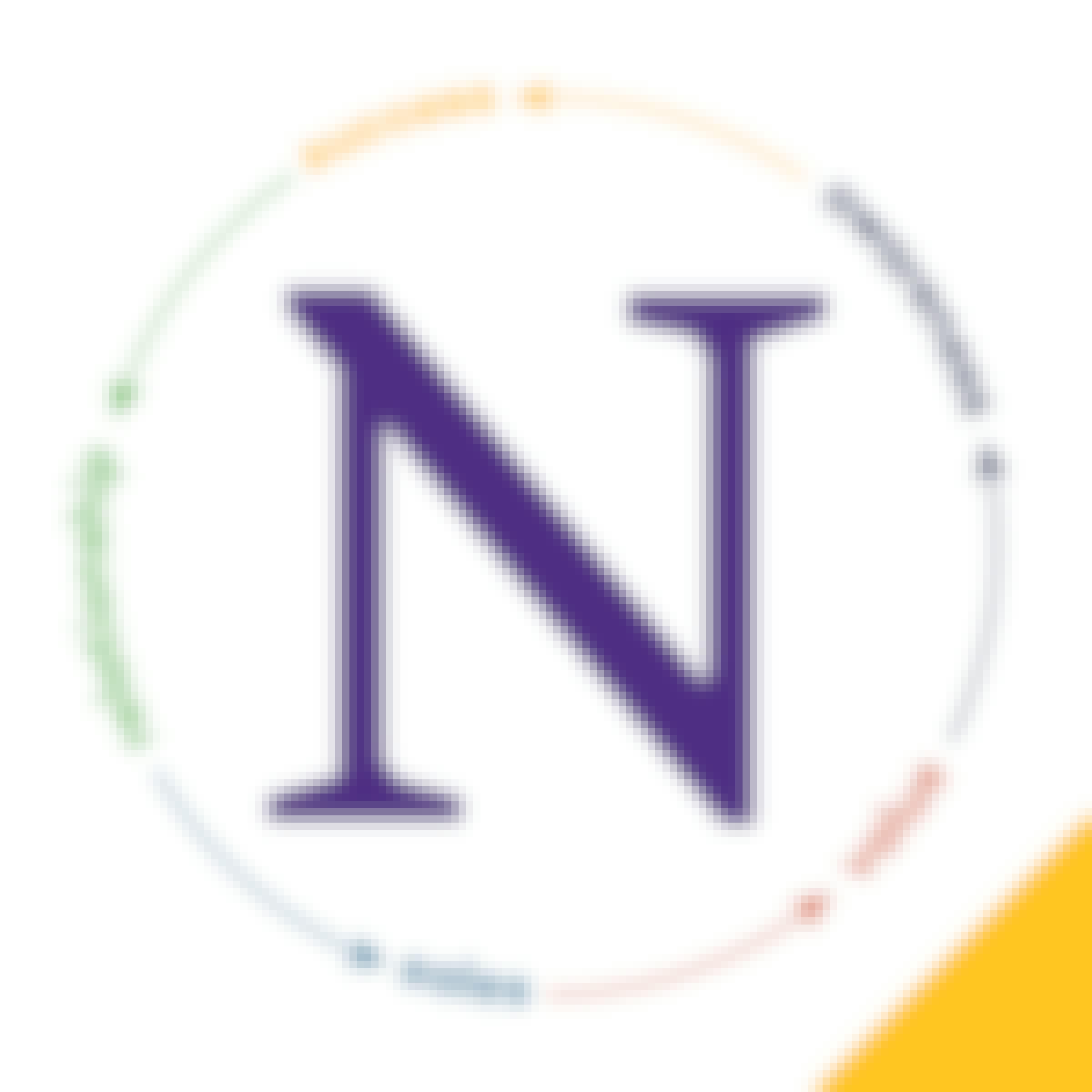 Status: Free TrialFree TrialN
Status: Free TrialFree TrialNNorthwestern University
Skills you'll gain: Real Time Data, Social Media Content, Social Media, Social Media Marketing, Big Data, Crisis Management, Analytics, Content Marketing, Social Media Strategy, Text Mining, Data-Driven Decision-Making, Competitive Analysis, Brand Strategy
4.7·Rating, 4.7 out of 5 stars1.6K reviewsMixed · Course · 1 - 4 Weeks
Searches related to pseudo-code
In summary, here are 10 of our most popular pseudo-code courses
- Parallel programming: École Polytechnique Fédérale de Lausanne
- Continuous Delivery & DevOps : University of Virginia
- Python and Pandas for Data Engineering: Duke University
- Algorithms for Searching, Sorting, and Indexing: University of Colorado Boulder
- Generative AI for Software Developers: Microsoft
- AI for Web Developers: Scrimba
- Microsoft Excel VBA and Macros: Coursera
- Core Java: LearnQuest
- Game Design and Development with Unity: Michigan State University
- Security Principles: ISC2










